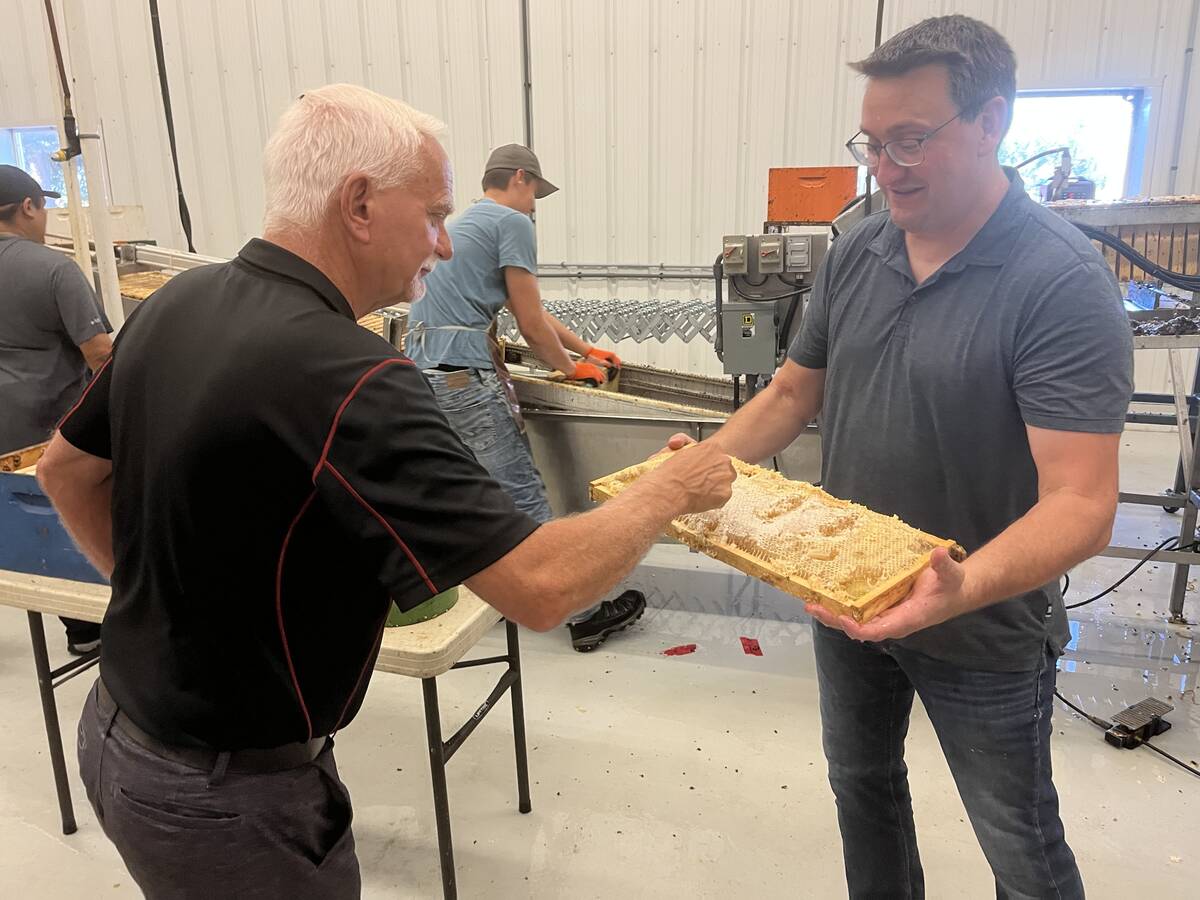Q: I have been farming my parent’s land for 20 years. I have paid all expenses and taxes. What if my parents decide to sell the land? Do I have any ownership rights?
A: To have a right to the land you would have to prove that your parents agreed to sell the land to you, that they offered the land to you in return for working it, or that you placed yourself at a disadvantage in farming their land and it would be unjust for them to benefit from your labor without paying you. The onus will be on you to prove one of these grounds.
Read Also

Alberta honey business ‘thrives’ despite bumpy beginnings
Thrive Honey showcases its honey production in market where Alberta produces 40 per cent of all honey produced in the country
Several years ago, a Saskatchewan farmer went all the way to the Supreme Court of Canada trying to prove that his father offered to sell him the land. The son sued his father, alleging that his father had promised to sell him the land for $100,000. The father denied such an offer. The son further testified that he installed an underground gas tank, two hopper granaries, built a cattle shelter, and wired the hen house and the machinery shed. He said he carried out these repairs because he had been promised the land. At the time he sued his father, the son had been farming the land for more than 20 years on a crop share basis.
The trial judge found there was no agreement to sell the land and that the arrangement between father and son was a lease. The Saskatchewan Court of Appeal overruled the judgment and found there was an agreement to sell the land. However, the Supreme Court of Canada disagreed and found there was no agreement to sell the land.
As an alternative to showing there was an agreement to sell, you could claim unjust enrichment. In advancing such a claim, you would have to show that your father financially benefited from your labor, that the work on the farm cost you time and money, and that you did the work without any legal obligation or reasonable compensation.
A number of issues will have to be considered before your questions can be answered. First, who received the income from the farm? Were you paid for your work? Did you get a share of the crop?
You will have a difficult time advancing a claim if you received all of the income from the farm. The income was your payment for the work and expenses. Even if you only received some of the income through a crop share, a judge might find that the arrangement between you and your parents was one of landlord and tenant.
Even if your father promised you the land, it would be insufficient to claim it. You would have to show that the promise amounted to an agreement to sell or give the land to you, and based on the agreement, you acted to your disadvantage and to your parents’ benefit.
To avoid future problems, I suggest you discuss this with your parents and come to an understanding that is satisfactory to everyone. The alternative is complex legal proceedings requiring a lawyer who has a good understanding of property law. Going to court could cost $50,000 to $200,000. Without a written agreement, it is going to take some strong evidence to convince a judge that your father’s land should be transferred to you.
















